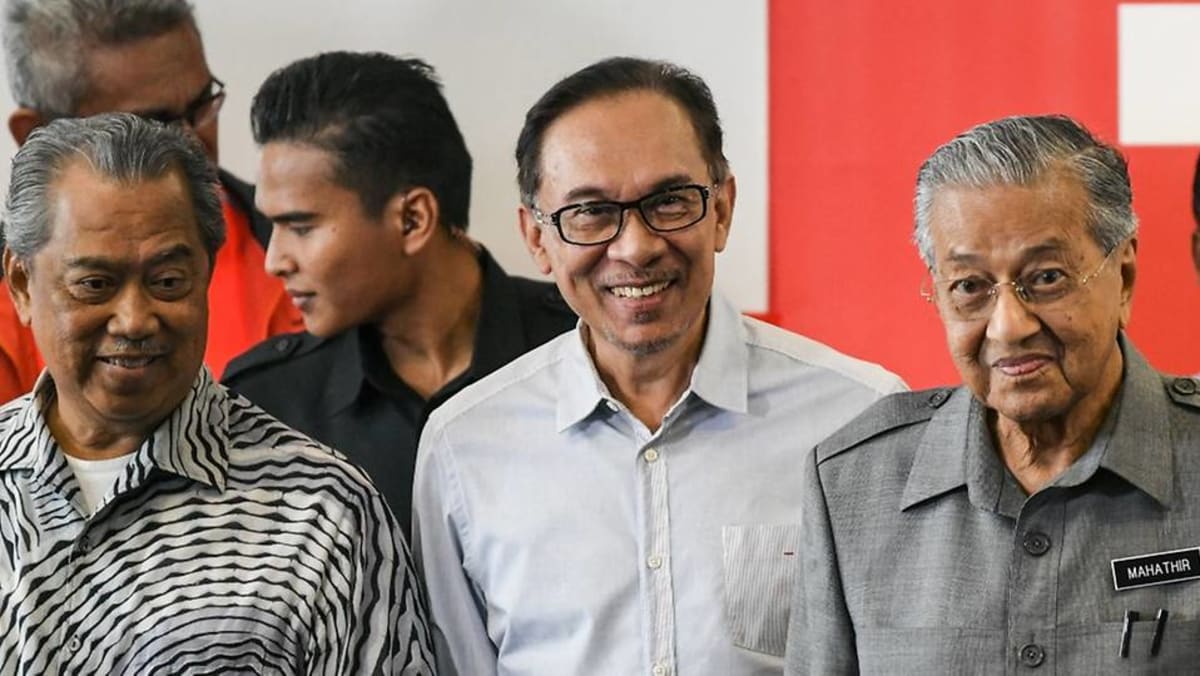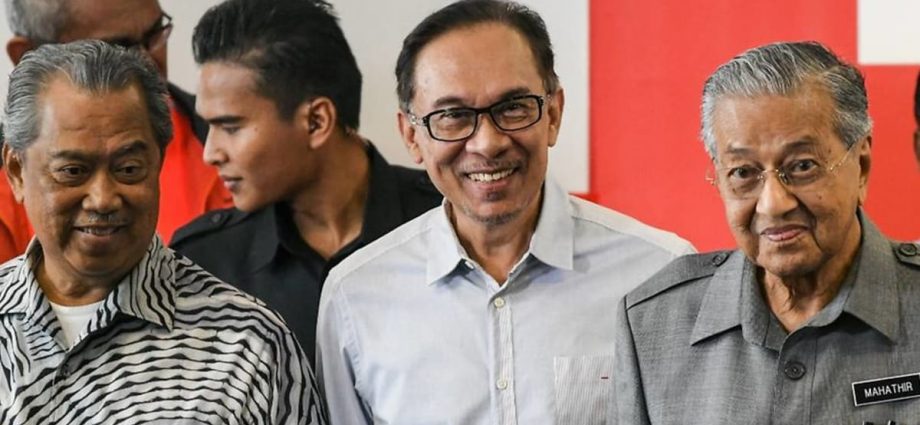
James Chin, who is a Professor of Asian Studies at the University of Tasmania, argued that there was “no possibility” of the three coalitions and their leaders working together in time to avoid multi-cornered contests. He said that this is likely to benefit BN which has a strong grassroots presence and voter base.
“Obviously disunity and multi-cornered fights will benefit BN, (as) they have a strong group of core voters. If the opposition is divided into as many segments as possible, they will gain,” added the political analyst.
He recalled that these same dynamics happened in the recent Johor and Melaka state polls. In both instances, BN clinched comfortable two-third majorities in the state legislatures.
Ms Nia Astira Taufik, a voter from the Seremban constituency in Negeri Sembilan, told CNA that the divided coalitions have left her confused about who to vote for.
The 27-year-old said she does not support UMNO and BN, but is uncertain about which coalition or candidate she will cast her ballot for.
“There could be 4-5 candidates contesting and it’s very confusing who is representing what party,” she said.
PKR’S ATTACK ON BERSATU SEATS COULD FURTHER SOUR RELATIONS
A key factor that could further widen the chasm between PH and PN is PKR’s aggressive strategy to field big hitters in seats held by its defectors who are now with Bersatu, analysts said.
During a party event in Gombak in September, Mr Anwar, who is also PKR president, said that the party’s election strategy was to focus on constituencies held by former PH politicians who defected following the Sheraton Move.
“In our election strategy, the constituencies that we will attack the most are those that have been chosen by the people to look after them but they were betrayed.
“That’s the reason why we are focusing on these areas to punish and topple them,” Mr Anwar reportedly said.
In the so-called Sheraton Move, Bersatu withdrew from PH while several PKR lawmakers also quit the party. Dr Mahathir then resigned as prime minister, creating a power vacuum.
Subsequently, the king determined that Mr Muhyiddhin, the Bersatu leader, likely commanded the support of the majority of lawmakers in the Lower House. Mr Muhyiddin was sworn in as prime minister, leading the PN coalition.
Prof Chin said that PKR’s strategy to “go after Bersatu” and PKR members who defected was key for the coalition as it “reinforces the narrative that voters must vote for PH to restore the mandate that was lost after the Sheraton Move.
He added that this was important in principle, even though it might be beneficial for PKR and PH to work alongside PN in a bid to form the next government.
“PKR’s argument is that we were not able to do much during the 22 months because we did not have enough time. If you give us a five-year term, we will be able to deliver. Going after Bersatu is consistent with the message they are trying to deliver to the electorate,” Prof Chin added.
Mr Anwar himself has announced that he will contest in Tambun, Perak, whose incumbent is Ahmad Faizal Azumu, Bersatu deputy president and caretaker Youth and Sports Minister, a PH defector.
On Friday (Oct 28), it was announced that Selangor chief minister Amirudin Shari will be fielded as a candidate for the Gombak parliamentary seat.
The incumbent for Gombak is Azmin Ali, former PKR deputy president who is reportedly one of the key architects of the Sheraton Move. Mr Azmin has confirmed that he will defend Gombak in the upcoming polls under PN.

